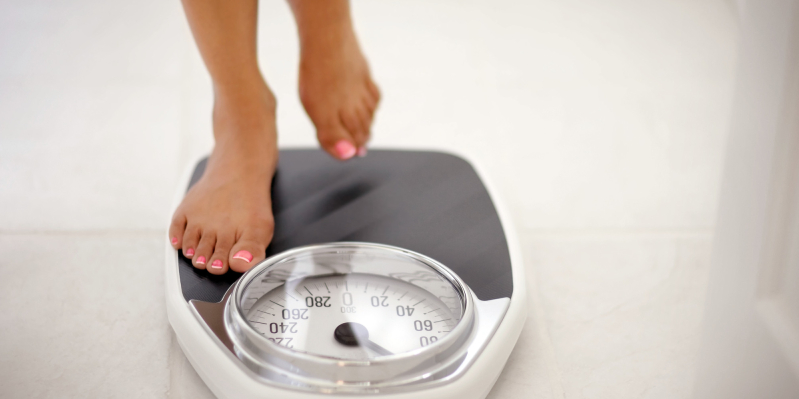
Teens who often weigh themselves may be more likely to have mental health problems, according to a new study.
Girls who said they often weigh themselves were more likely to have depression, weight concerns and self esteem issues, researchers found.
"The findings from this study suggest that for some teens and young adults, self-weighing is associated with poor psychological health and it is important that we use caution when recommending self-weighing or any strategy for weight control that may not be beneficial for some individuals," said lead author Carly R. Pacanowski, of the University of Minnesota in Minneapolis.
The 10-year study tracked almost 2,000 adolescents, most of whom were female. They were surveyed, weighed and measured in 1998, when they were in middle or high school and then again in 2003 and 2008 as they transitioned into young adulthood.
Overall, few participants agreed that they weighed themselves "often," the researchers reported in the Journal of Nutrition Education and Behavior.
But among women whose reports of self-weighing increased over time, so did their weight concern and symptoms of depression, which can be predictors of eating disorders, researchers found.
For men, as reported self-weighing increased, so did concern about weight, but other psychological variables did not change.
Parents, teachers, aunts, uncles, and friends may want to ask about self-weighing to gather more information if a teen seems overly concerned with her weight, Pacanowski told Reuters Health by email.
"Self-weighing may be easier to talk about initially than self-esteem or depressive symptoms," Pacanowski said. "From there, getting in touch with a healthcare provider would be the next step."
Obesity-prevention programs should avoid worsening body dissatisfaction and weight concern by understanding how behaviors like self-weighing affect teens, she said.
Pacanowski also cautioned that the new study can't say whether self-weighing causes low self-esteem, or low self-esteem causes teens or young adults to weigh themselves more frequently.
The new study is also limited by the use of the subjective term "often" to gauge the frequency of self-weighing over time, said Jessica LaRose, a health behavior and policy researcher at Virginia Commonwealth University in Richmond, who was not part of the new study.
"Thus, in terms of clinical implications for pediatricians, we can't determine using these data whether there is a specific threshold or frequency of self-weighing in this age group that could serve as a signal to explore mental health symptoms and well being," LaRose told Reuters Health by email.






